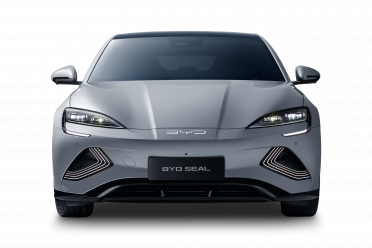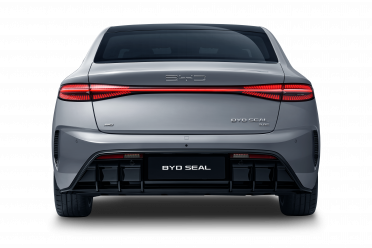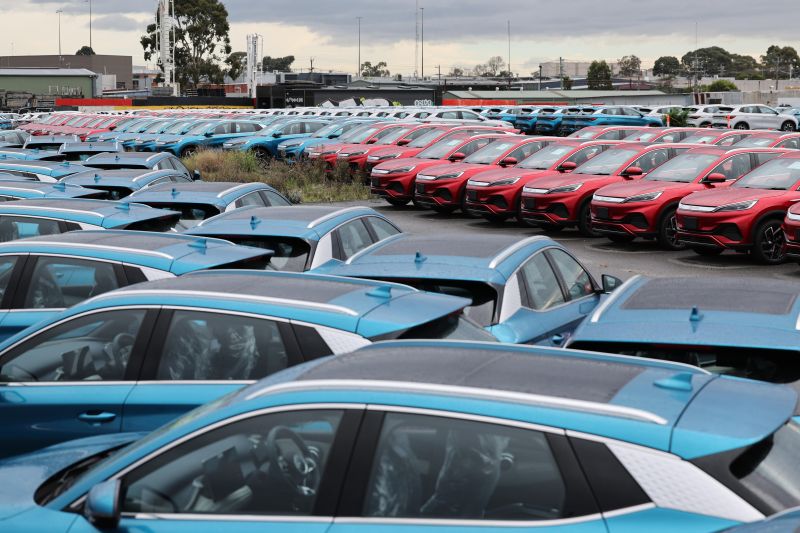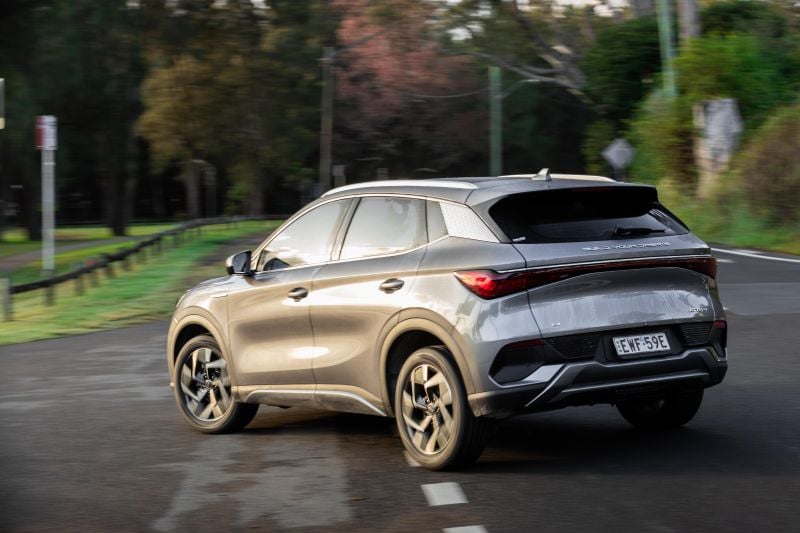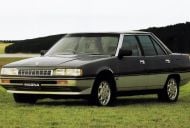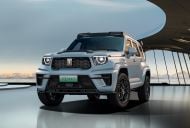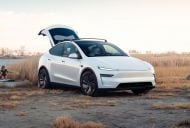The Australian distributor for BYD says it has no plan to engage in Tesla-style price cuts or take part in a ‘price war’ if and when it flares up again, stating it would be too damaging to residual values.
The company insists it has no intention of offering discounts for fleets, even if they order 1000 vehicles, claiming it couldn’t go lower even if it wanted to.
As we covered in July, Australia’s nascent second-hand electric vehicle (EV) market is subject to a degree of volatility. With supply improving and goal posts moving, resale values at a macro level aren’t too crash hot.
That’s obviously great for used car buyers, but there’s a risk in the long run that this issue may give prospective new EV buyers pause for thought. Residuals are a key consideration factor after all.
There are myriad reasons EV resale values at this early stage are sometimes volatile.
Lingering consumer concerns over battery longevity and fears the pace of change will render late-model EVs prematurely outdated are two; government subsidies for new models having a knock-on effect on the used sector is another.
Also a factor is the tendency of some carmakers, most notably market leader Tesla, to shuffle prices in response to currency flows, new competition, or inventory growth. Other brands have been known to slash their prices, such as this one.
This has led to a widely publicised narrative that there’s an EV ‘price war’ going on, which we’ve seen reported and discussed in Australia, in China, and in the United States, where Ford CEO Jim Farley acknowledged “resale value for people who bought at higher prices is awful”.
This game is not one BYD, number-two in Australia’s electric car market behind Tesla, intends to play.
That’s according to the CEO of local distribtuor EVDirect, Luke Todd. Keeping prices stable and predictable is the “mature approach to ensure residual values are not only retained, but healthy”, he claims.
Chopping and changing direct-to-consumer prices “just doesn’t give finance companies, the consumer, anybody the ability to safely predict what the residual value will be worth [down the line]”, he added.
“When there is such a transformation in the motoring world, companies need to be more responsible with their pricing, taking into account this [resale] is a serious factor. It’s a really critical issue and should be spoken about more… The quicker the market can mature and stabilise is only a good thing.”
While Tesla and BYD use a set-price model with no haggling at the store or the dealer, Mr Todd argues car brands with franchise dealers doing discounts to move inventory are having an impact.
“I think they’re both equally as bad [for resale value],” he claimed.
Mr Todd says he’s been asked if BYD Australia will cut the price of the Atto 3 from its current $48,000 list price given the newer, larger and more sophisticated new BYD Seal launched this week at $49,888.
“We’ve been asked about our other prices, will you drop the price? The answer is no, we’ve bought every vehicle in at the lowest price we can, we can’t move any lower.”
Of course, the cynical take would be to say that BYD with its heavily in-demand and hyped product doesn’t really need to push stock out the door or discount for fleets (“The price is the price,” said Mr Todd). But will it keep this view should demand soften?
Consider Polestar, which like BYD told CarExpert recently that it had “no intention of following other brands with lowering prices, or a price war”, but is now doing so in round-about fashion by offering a complimentary options pack and home charger worth up to $10,750 all up on MY23 Polestar 2s.


